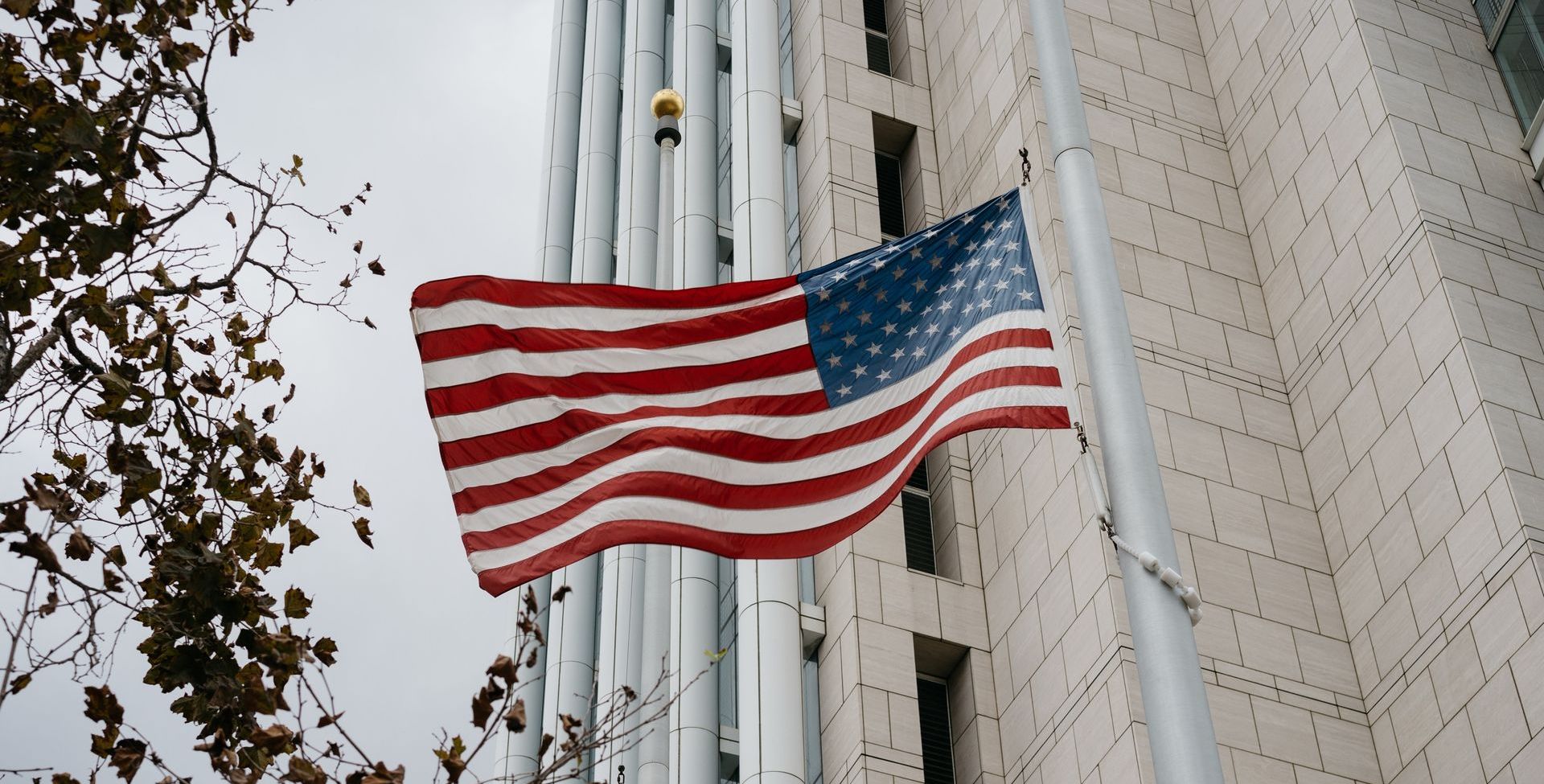Shutdown Showdown: La amenaza que se cierne sobre los servicios de inmigración en medio de las disputas fiscales
Click here to read this article in English
El Servicio de Ciudadanía e Inmigración de Estados Unidos (USCIS)
El Servicio de Ciudadanía e Inmigración de EE.UU. (USCIS) funciona principalmente con tasas y no con fondos públicos. Las oficinas del USCIS han permanecido normalmente abiertas en anteriores cierres, pero debemos prever una ralentización de las operaciones y cuellos de botella en la tramitación.
Esta ralentización se produce debido a la reducción de los niveles de personal, principalmente cuando los adjudicadores de USCIS dependen de otras funciones del gobierno para tomar decisiones. Aunque USCIS no depende en gran medida de la financiación del gobierno, la interconexión de varios organismos puede afectar indirectamente a su eficiencia durante los cierres del gobierno, dando lugar a posibles retrasos en los servicios relacionados con la inmigración y las decisiones.
Hablando del impacto directo de la inmigración en el gobierno federal, cabe destacar la estructura de financiación y los efectos potenciales de los cierres del gobierno en agencias específicas del gobierno de EE.UU. y sus funciones relacionadas con la inmigración.
Departamento de Estado (DOS)
El Departamento de Estado de EE.UU., que desempeña un papel fundamental en la gestión de las solicitudes de visado y los servicios a los ciudadanos estadounidenses, depende de la financiación procedente de las tasas de solicitud de visado y otros cargos relacionados. Este modelo de financiación ha permitido históricamente al departamento mantener servicios esenciales, incluida la tramitación de visados para ciudadanos e inmigrantes.
Sin embargo, en caso de un cierre prolongado del Gobierno, los servicios no urgentes podrían verse afectados, lo que posiblemente provocaría la suspensión de diversas funciones relacionadas con los visados. Esto se manifestaría como la no emisión de visados de negocios y de empleo y posibles cancelaciones o reprogramaciones de citas pendientes de solicitud de visado.
Departamento de Trabajo (DOL)
Por otra parte, el Departamento de Trabajo de EE.UU. (DOL) se enfrenta a retos más importantes durante los cierres gubernamentales. A diferencia de los organismos que generan ingresos, el DOL depende en gran medida de la financiación pública. En consecuencia, los anteriores cierres gubernamentales han afectado significativamente a las funciones del DOL relacionadas con la inmigración.
Esta interrupción ha sido particularmente evidente en las solicitudes de condición laboral (LCA), las solicitudes de certificación laboral PERM y las solicitudes de salario prevaleciente. Durante los cierres, estas funciones se suspendieron por lo general, acumulando atrasos y tiempos de procesamiento prolongados, incluso después de que las operaciones del gobierno se reanudaron.
Estos distintos modelos de financiación y las tendencias históricas ponen de relieve las diferentes vulnerabilidades de las agencias en relación con los servicios de inmigración durante los cierres del gobierno. Subraya la importancia de las consideraciones presupuestarias y la planificación de contingencias para garantizar la continuidad de las funciones esenciales de inmigración, en particular cuando los modelos de financiación basados en tasas pueden proporcionar cierta resistencia, pero no son inmunes a las interrupciones causadas por los cierres prolongados del gobierno.
La incapacidad para tramitar los LCA influiría directamente en la capacidad de los empleadores para tramitar las peticiones H-1B, H-1B1 y E-3. Además, si se produce un cierre del gobierno, es muy probable que E-Verify, el sistema que los empleadores utilizan para confirmar la elegibilidad de empleo, no esté operativo.
En consecuencia, los empleadores podrían iniciar, abordar o cumplir los plazos necesarios dentro del sistema una vez que se restablezca tras la reanudación de las operaciones del gobierno. Es esencial subrayar que los empleadores seguirán estando obligados a realizar las verificaciones I-9 sin exenciones ni excepciones, incluso sin la funcionalidad de E-Verify.
En resumen, un cierre del gobierno de EE.UU. puede prolongar la duración de la tramitación de diversos asuntos relacionados con la inmigración. Las principales repercusiones, en particular para los empleadores estadounidenses que contratan a trabajadores extranjeros, abarcan:
- La incapacidad de los empleadores de conseguir LCA aprobadas para peticiones H-1B, H-1B1 y E-3.
- La incapacidad del Departamento de Trabajo para tramitar las solicitudes de certificación laboral PERM y determinar los salarios vigentes.
- El posible obstáculo para las personas que deseen solicitar visados de negocios y de empleo para entrar en Estados Unidos.
Como se mencionó anteriormente, un cierre no es el escenario más probable, pero teniendo en cuenta la situación actual con las personas migrantes, es probable que sea una opción que se ejecute. Seremos los primeros en informarles de cualquier novedad que se produzca en esta situación.
Este blog no pretende ser asesoramiento jurídico y nada de lo aquí expuesto debe interpretarse como el establecimiento de una relación abogado-cliente. Por favor, programe una consulta con un abogado de inmigración antes de actuar sobre cualquier información leída aquí.






